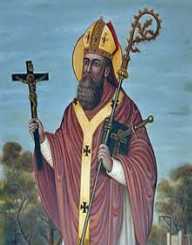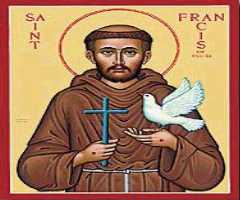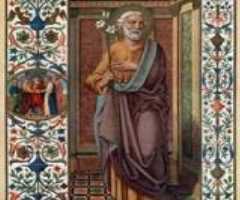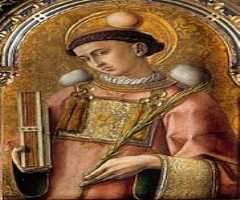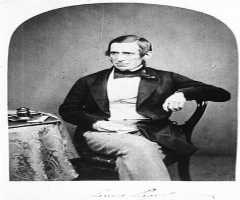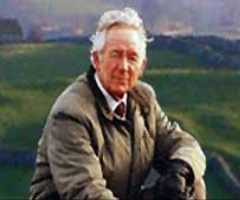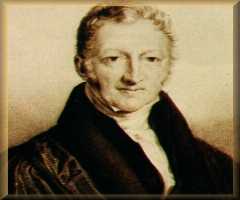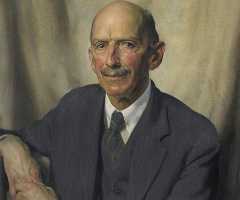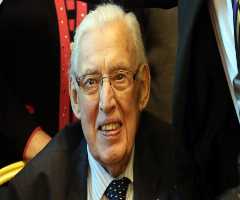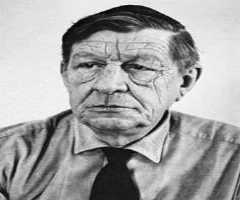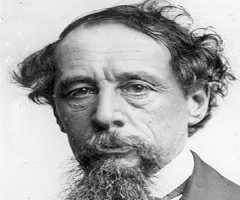St. Boniface Biography, Life, Interesting Facts
The existence of Winfrid gave rise to St. Boniface, White Monk. He spent most of his precious time following religious orders. Germans knew him as the 'man of action' since inception. He knew what he wanted right there and then. To begin with, he convinced his parents to send him to Benedictine school. Glad his family had adequate possession, granted his request. It wasn't that long that St. Boniface started to show signs of being successful. Second to none education paved the way for him to receive the priest label at 30. That's just a whip hand when it comes to glaring titles that St. Boniface holds. Scroll further down for more:
Personality
An Apostle to the Germans as he was known played a vital role by spreading Christianity to the unknown. Boniface efforts furthered beyond his expectation; he concentrated more on spreading unique insights.
One a devotee, so he/she should be; he believed and stayed put to his words. To him, following Christ was his way and nothing else. It wasn't torturing to him as the society thought, but his righteous tasks brought him closer to his creator.
Additionally, St. Boniface gave up his endowed titles and went in search of his mission to God. He was once a respected priest, teacher, and a scholar before convincing himself that he had a religious mission to put across. No! He didn't want to serve God in his land but an unknown place. Just like that, he began a new life and forgotten his successful and safe living. Moreover, his effort gave rise to the historic letters he brought forth. Winfrid grouped them in three parties; social, political and religious.
Plus his persona, there's more to St. Boniface than just a servant of God perception. He lived a heroic life; meaning his actions spoke louder. Against all the odds, he overcame enormous obstacles for the sake of others. Generally speaking, he was a virtuous servant.
Background
The bravery saint graced the earth around 675 AD as Winfrid. Saint Gregory the Great named him as Boniface. Throughout his Christian life, Winfrid wish was to restore the fidelity of Germans. He prayed day and night to remodel the non-Christians.
Since his middle age, St. Boniface stayed in command of two rules: one was to bring back the union of the priesthood to its former state. Second, Boniface dreamt of laying the foundation of Benedictine monasteries including Fulda. For almost half a century, Winfrid influenced the Germans into Christian teachings.
Missionary Work
Around 719, St. Boniface volunteered on high-yielding mission work. He made his followers believe in his teachings and convert to his religion. The priest once gave an example by cutting down a sizable oak near Geismar. As a result, he dispelled peoples doubt by allowing them to believe that magical powers in nature are nothing but superstitions.
In 722, he was named as the German acting bishop. For three decades, he majored in organizing and remodeling his followers. He did his best to link the locals with Rome as well as enlisting nuns and monks.
Simultaneously, St. Boniface was given the archbishop of Mainz title. He worked as the head of the German Lord's house for several years. Following his calling, he presented his mission work to German communities.
Glorious End
In 752, as the acting pope ambassador, he enthroned Pepin King of the Franks. At his mid-age years, St. Boniface set some years and traveled to Frisia to preach the gospel.
It was in Frisia in 754 that barbarians seized St. Boniface and thousands of his companions and killed. St. Boniface was interred at Fulda where he was held in high regard as a staunch believer of Christian belief.
It is crystal clear that St. Boniface set a profound example of a determined and spirited missionary.
